Science 4.2
Scientific investigation and reasoning. The student uses scientific practices during laboratory and outdoor investigations. The student is expected to:
- (1) plan and implement descriptive investigations,
including asking well defined questions, making inferences, and selecting and
using appropriate equipment or technology to answer his/her questions;
- (A) collect and record data by observing and measuring, using the metric system, and using descriptive words and numerals such as labeled drawings, writing, and concept maps;
- (B) construct simple tables, charts, bar graphs, and maps using tools and current technology to organize, examine, and evaluate data;
- (C) analyze data and interpret patterns to construct reasonable explanations from data that can be observed and measured;
- (D) perform repeated investigations to increase the reliability of results; and
- (E) communicate valid oral and written results supported by data.
- Plus Plan
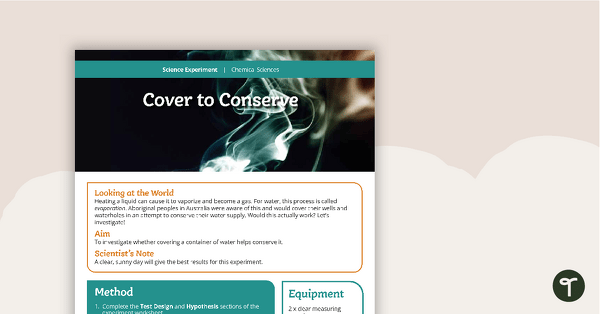
Science Experiment - Cover to Conserve
A science experiment that investigates if evaporation can be reduced by covering a body of water.
- Plus Plan
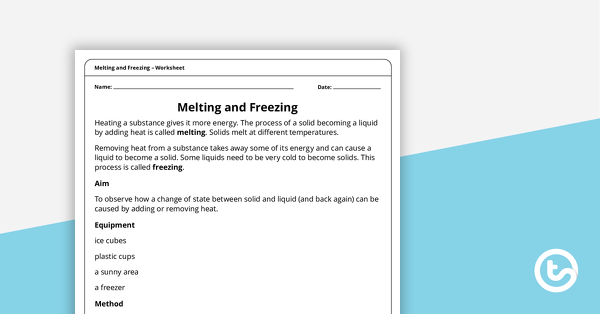
Melting and Freezing – Worksheet
An activity to demonstrate how a change of state between solid and liquid (and back again) can be caused by adding or removing heat.
- Plus Plan
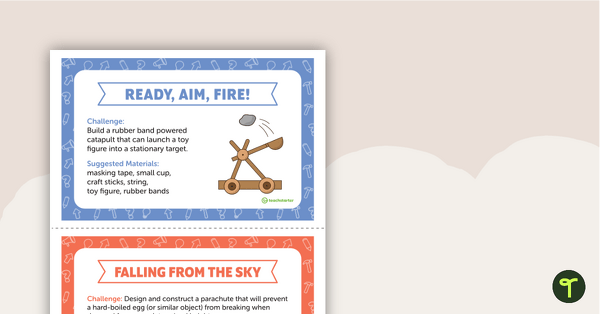
STEM Challenge Cards - Upper Grades
A set of 20 STEM challenge cards for students in the upper grades.
- Plus Plan
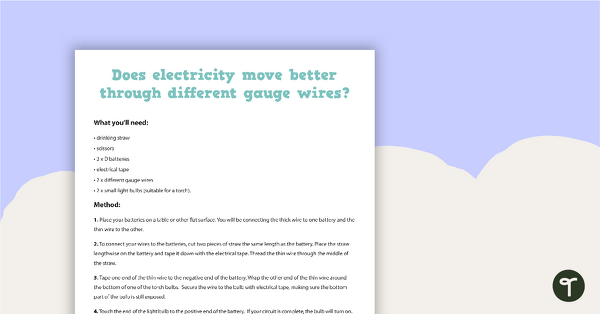
Electricity Experiment
An experiment to investigate if electricity moves better through different gage wires.
- Plus Plan
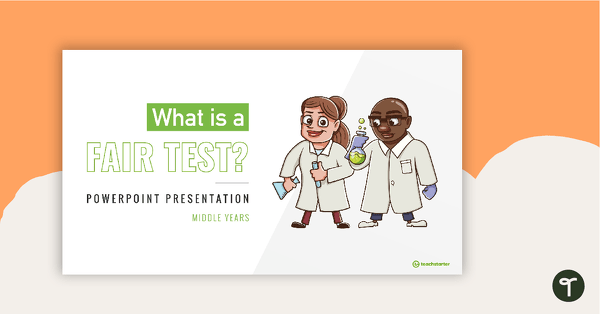
What is a Fair Test? - Middle Years PowerPoint
A 17 slide PowerPoint to use when teaching your students about how to make a fair test in Science.
- Plus Plan
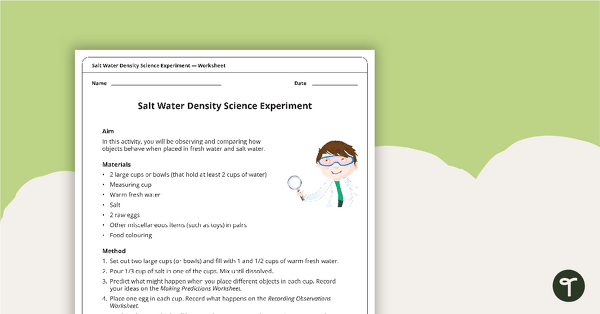
Salt Water Density Experiment
A hands-on science experiment about salt water density.
- Plus Plan

Now I Understand PowerPoint - Building a Solid Conclusion for an Experiment
An educational teaching presentation introducing the students to the R.E.R.U.N. method for writing a scientific conclusion.
- Plus Plan
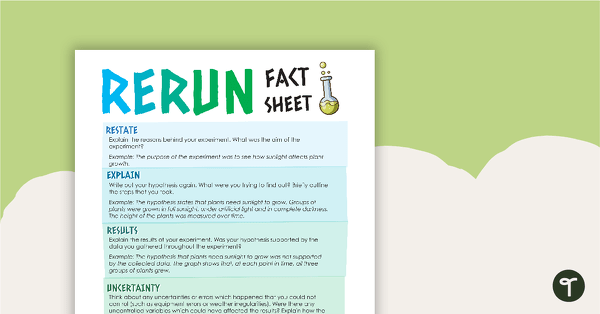
R.E.R.U.N. - Writing a Scientific Conclusion Fact Sheet
An educational fact sheet introducing the students to the R.E.R.U.N. method for writing a scientific conclusion.
- Plus Plan
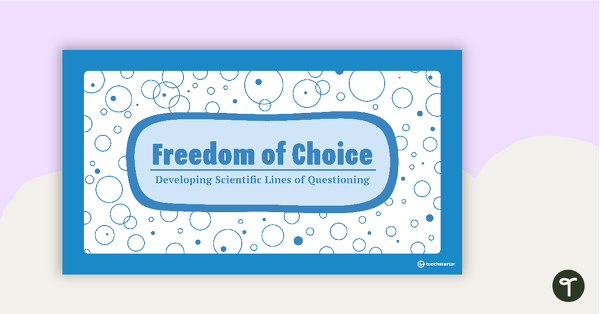
Freedom of Choice PowerPoint - Developing Scientific Lines of Questioning
A teaching presentation discussing the development of scientific lines of questioning.
- Plus Plan
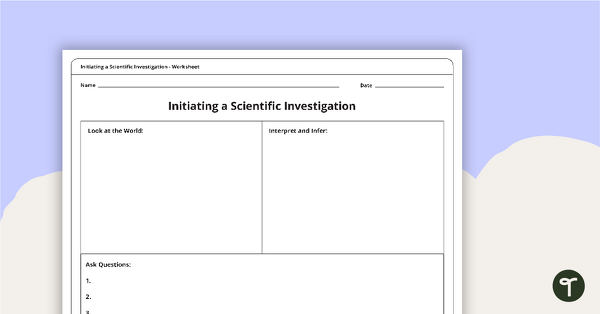
Initiating a Scientific Investigation Worksheet
A worksheet to help the students begin the process of a scientific investigation.
- Plus Plan
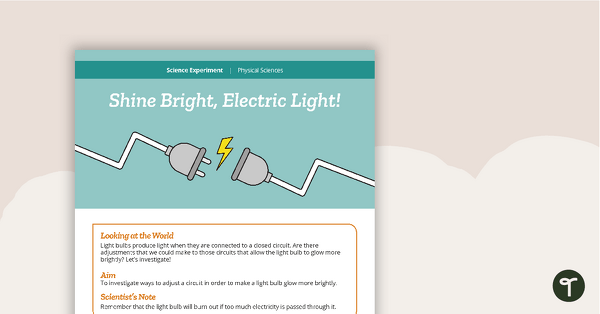
Science Experiment - Shine Bright, Electric Light!
A science experiment that investigates how changes to electrical circuits affects their components.
- Plus Plan
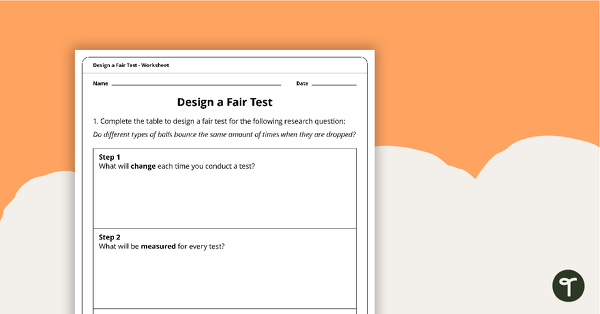
Design a Fair Test Worksheet - Middle Years
A worksheet to use when developing the concept of a fair test in a science investigation.
- Plus Plan
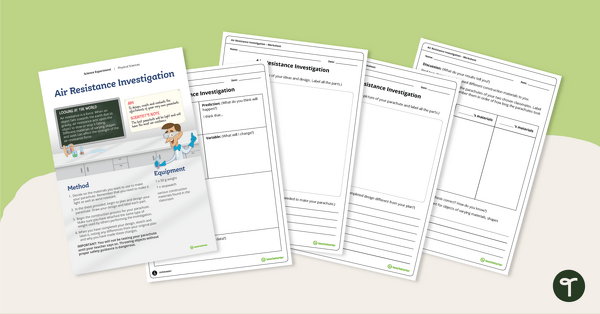
Air Resistance Experiment
Use this engaging air resistance experiment when teaching your students about air friction and the effect it has on the effectiveness of a parachute.
- Plus Plan
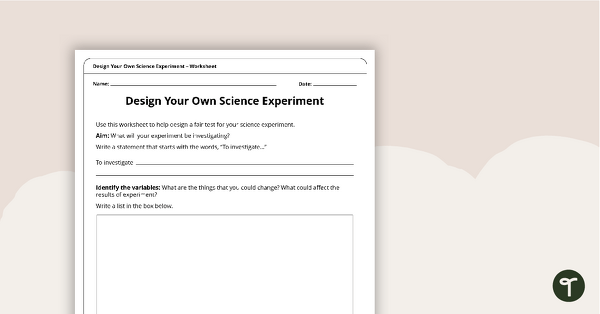
Design Your Own Experiment Worksheet
A set of worksheets to develop students' ability to design fair, scientific experiments.
- Plus Plan
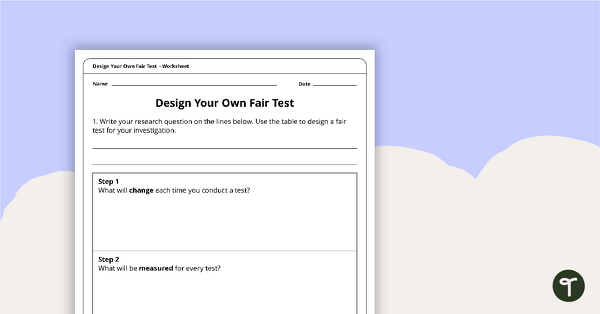
Design Your Own Fair Test Worksheet - Middle Years
A worksheet to use when developing the concept of a fair test.
- Plus Plan
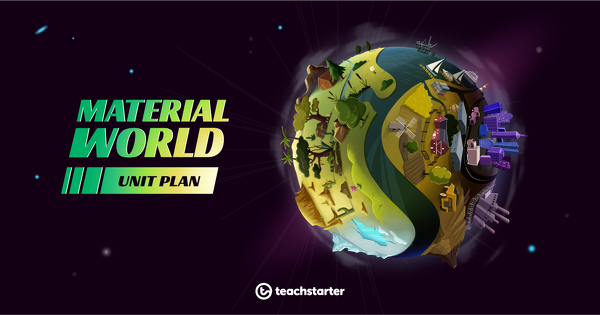
Material World Unit Plan
This Chemical Sciences unit investigates natural and processed materials. Demonstrations and experimental procedures are explored with particular attention given to the scientific method.
- Plus Plan
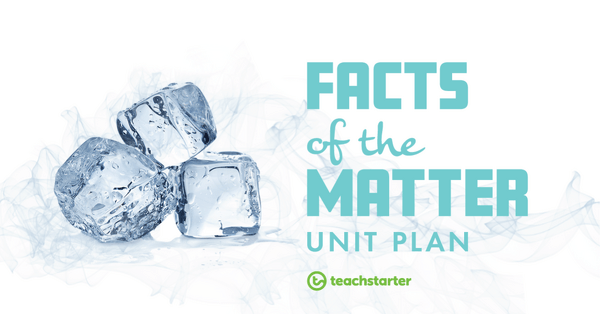
Slime - Solid, Liquid, or Gas?
A 60-minute lesson in which students will recognize that not all substances can be easily classified on the basis of their observable properties.
- Plus Plan
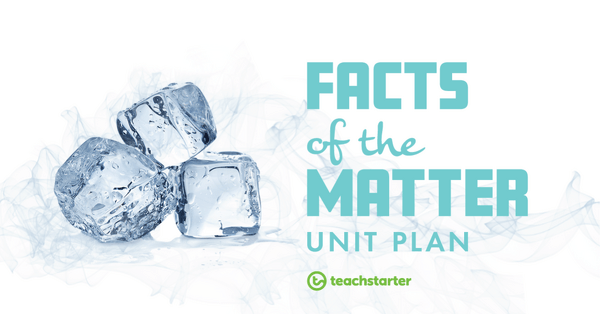
Knowing Matters!
A 60-minute lesson in which students will explore how knowledge of states of matter and their changes can help inform practices and decision making.
- Plus Plan
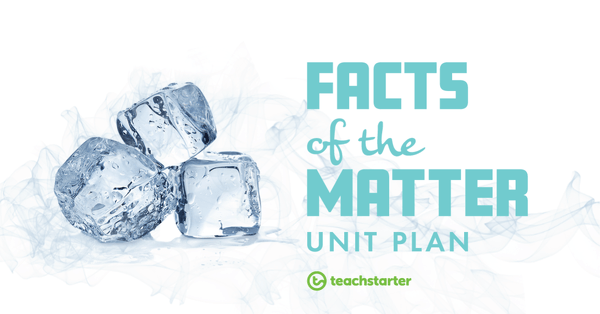
Going, Going, Gone!
A 60-minute lesson in which students will recognize that substances exist in different states depending on the temperature.
- Plus Plan
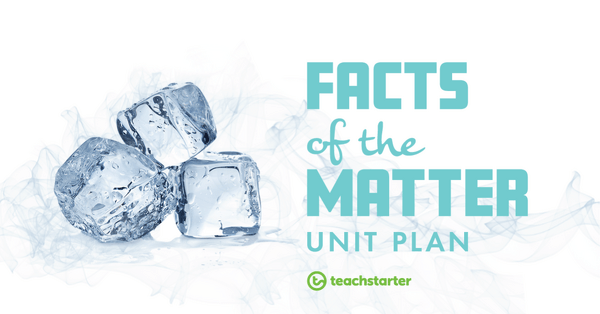
Changing States of Matter
A 60-minute lesson in which students will explore the way solids, liquids, and gases change in different situations.
- Plus Plan
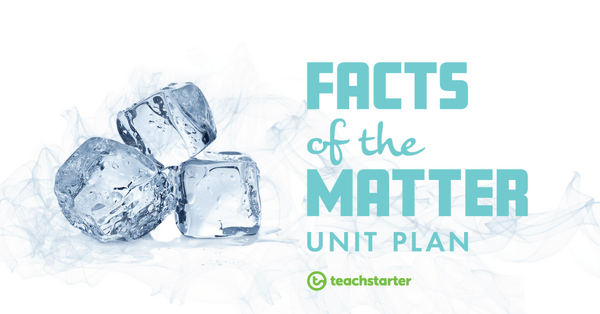
Gases
A 60-minute lesson in which students will observe that gases have mass and take up space.
- Plus Plan
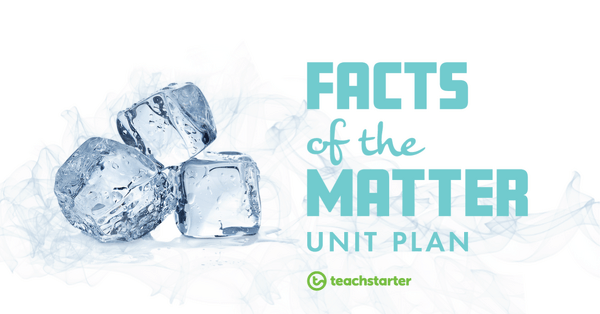
Liquids
A 60-minute lesson in which students will identify the observable characteristics of liquids and how they behave in different ways.
- Plus Plan
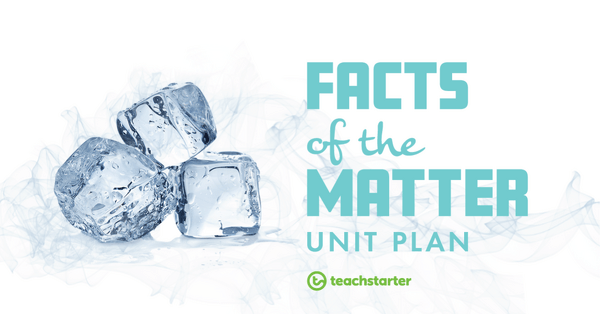
Solids
A 60-minute lesson in which students will identify the observable characteristics of solids and how they behave in different ways.
- Plus Plan
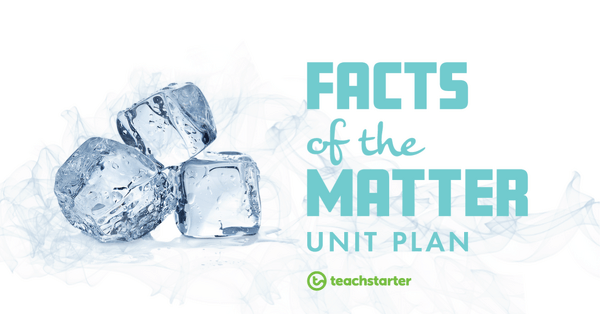
Matter Matters!
A 60-minute lesson designed to introduce students to key terms and concepts related to matter and states of matter.
- Plus Plan
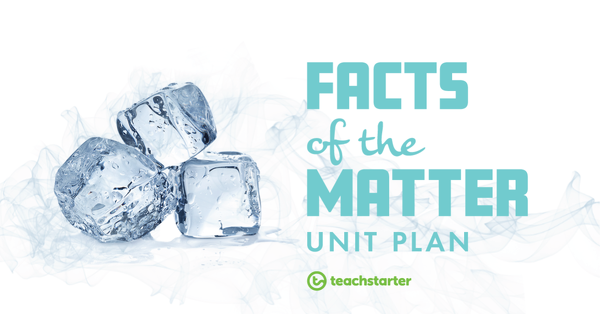
What's the Matter?
A 60-minute lesson designed to activate students' prior knowledge of solids, liquids, and gases.
- Plus Plan
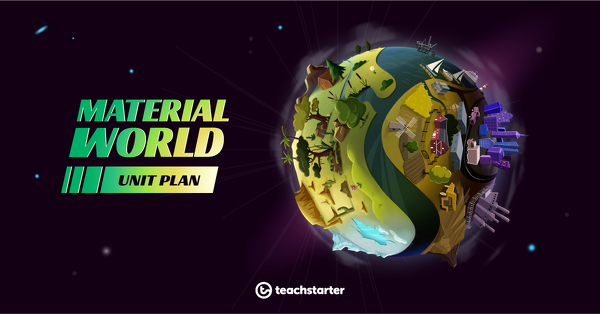
Working Scientifically Knowledge Check
An assessment task in which students will demonstrate their knowledge and understanding of how to work scientifically.
- Plus Plan
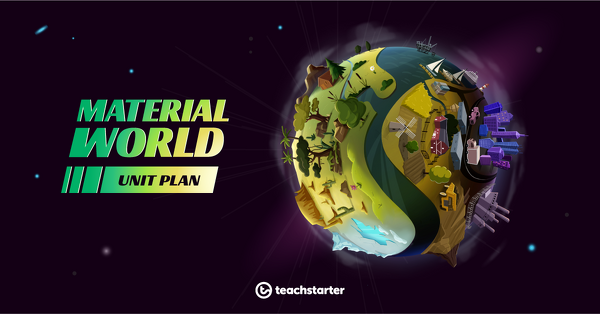
And Further On - Research Into the Environmental Impact of Certain Materials
A 60 minute lesson in which students will be introduced to a research task for them to undertake about a material of their choosing.
- Plus Plan
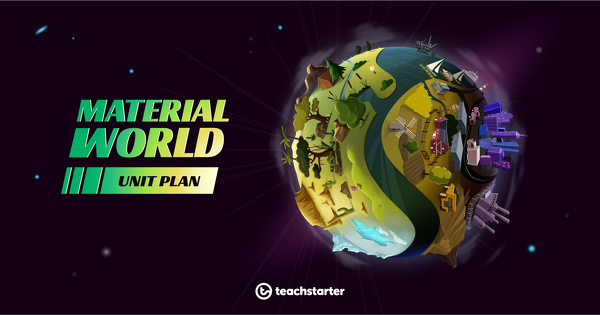
Now I Understand - Building a Solid Conclusion for an Experiment
A 60 minute lesson in which students will learn how to build solid scientific conclusions for experiments.
- Plus Plan
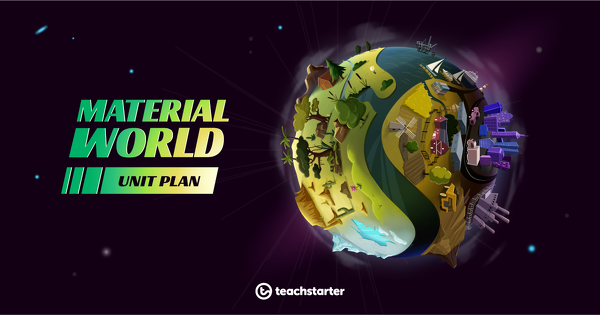
Science Experiment - Suck It Up!
A 60 minute lesson in which students will investigate materials and their absorptive properties through a scientific investigation.
- Plus Plan
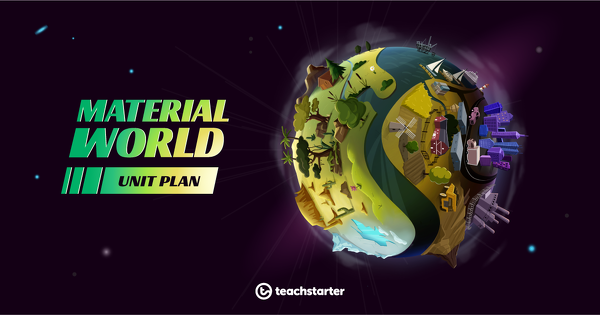
What's the Use? - Developing a Hypothesis to Investigate
A 60 minute lesson in which students will learn how to develop an effective hypothesis for scientific investigations.
- Plus Plan
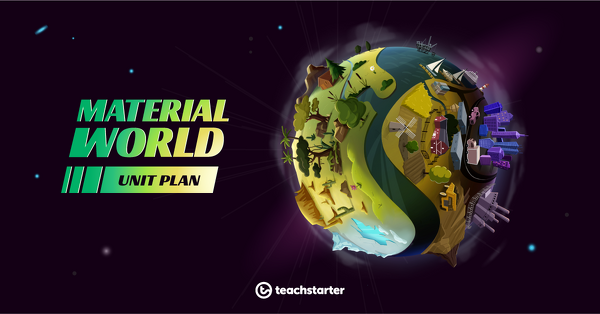
Freedom of Choice - Developing Scientific Lines of Questioning
A 60 minute lesson in which students will learn how to develop scientific lines of questioning to initiate a scientific investigation.
- Plus Plan
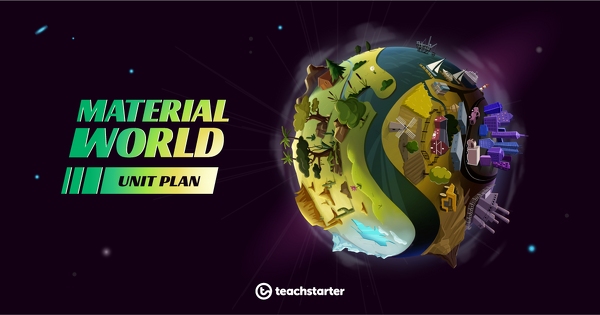
Plastic and Concrete - How Do People Use Processed Materials?
A 60 minute lesson in which students will investigate the ways humans produce and use processed materials.